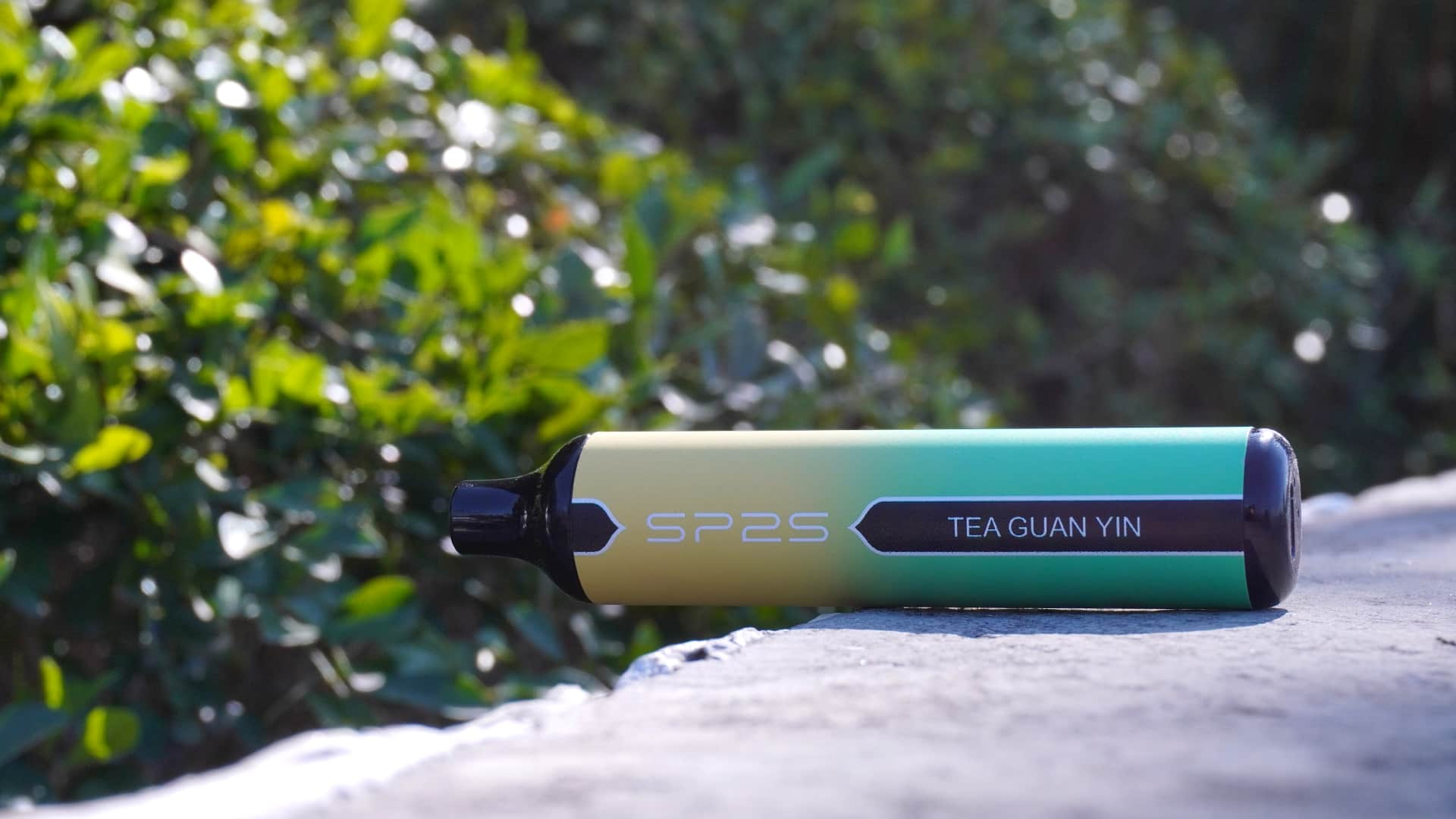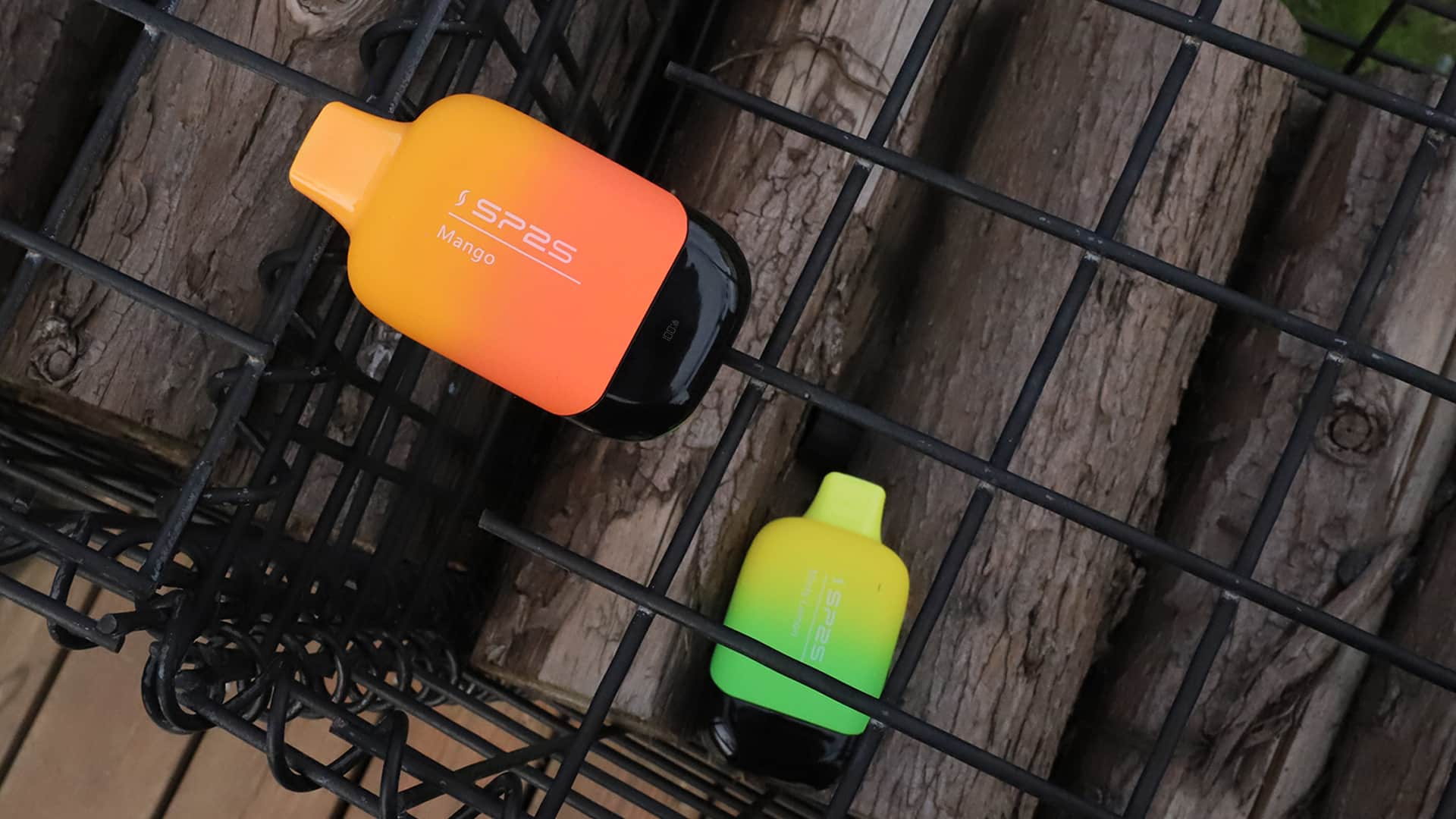As we move into 2025, the global vaping landscape is undergoing significant regulatory shifts that will directly affect consumers. With changes in policy across key regions like the United States, Europe, and parts of Asia, these new laws will shape everything from product availability to pricing and usage options. For vaping enthusiasts, staying ahead of these changes is crucial to understanding how their favorite products may be affected and how these policies will shape their vaping experience.
United States: State-Specific Regulations Affecting Consumers
In the U.S., the vaping industry is largely regulated at the state level, and several states are introducing new laws that will impact consumers starting in 2025. These regulations focus on issues such as product registration, flavor restrictions, and requirements for vaping product certifications.
California
Starting January 1, 2025, California will implement laws banning the sale of flavored vaping products online, including those with synthetic cooling agents like WS-3. For consumers, this could limit the availability of flavored vapes and may even impact online purchasing options. If a product is not on the state’s approved list by December 31, 2025, it will be pulled from the market, leading to possible shortages and increased demand for compliant products.
Florida
From March 1, 2025, disposable vaping products deemed to be "attractive to minors" will be prohibited in Florida. For consumers, this could mean the removal of certain flavored or branded products from shelves, as the state government begins enforcing this policy. Retailers will have a 60-day grace period to comply, but after that, fines and confiscation of non-compliant products will become common.
Utah
Starting January 1, 2025, all vaping products in Utah must be registered in the state’s electronic registry before they can be sold. This means that products not on the approved list will be unavailable to consumers. Retailers and manufacturers must also meet specific certification requirements to ensure that their products comply with these new laws.
These state-level changes will lead to a more fragmented market in the U.S., with consumers in certain regions facing limited product selection or higher prices for compliant items. To navigate this evolving landscape, companies like SP2S are already ahead of the curve, ensuring their products meet regulatory standards across different states. SP2S’ Machine X line, for instance, complies with U.S. regulations, offering consumers peace of mind when purchasing.

Europe: A Focus on Disposable Vapes and Online Sales Restrictions
In Europe, the growing popularity of disposable vapes is set to face a significant crackdown in 2025. Governments across the continent are taking steps to curb the sale of single-use products due to environmental concerns and potential health risks associated with excessive nicotine consumption.
United Kingdom
Starting June 1, 2025, the UK will implement a complete ban on single-use disposable vapes. This move is part of a broader push to reduce the environmental impact of disposable products. For consumers, this could mean the disappearance of some convenient options, especially for those who prefer the ease of use that disposable vapes offer. The ban will apply to all regions within the UK, including England, Scotland, Wales, and Northern Ireland. Those found in violation of this ban could face significant penalties, including fines or imprisonment.
Belgium
Belgium will also ban the sale of disposable vapes beginning January 1, 2025, becoming the first European Union country to do so. This regulation will have a significant impact on local consumers who have enjoyed the convenience of disposable vapes. It’s important to note that the European Commission has supported this ban, making it a landmark move in the region.
Italy
Starting in January 2025, Italy will prohibit online sales of nicotine-containing products, including e-cigarettes. Consumers will only be able to purchase vaping products in physical retail stores. This change will restrict convenience for online shoppers, potentially increasing in-store foot traffic and prices. Additionally, Italy will enforce heavy fines for violations, ranging from €30,000 to €150,000, which could significantly affect retailers and consumer choices.
For consumers in Europe, staying informed on the evolving regulations is essential to avoiding confusion and ensuring compliance. SP2S, with its focus on high-quality, regulatory-compliant products, offers a reliable choice for consumers in both online and retail markets. The company's commitment to transparency and safety ensures that users across Europe can enjoy a range of products that comply with local laws.

Asia: Increasing Restrictions and Regulatory Tightening
Across Asia, several countries are implementing or reinforcing bans on vaping products, impacting both manufacturers and consumers.
Philippines
From January 5, 2025, the Philippines will require all vaping products to have a valid PS (Philippine Standard) License or ICC (Import Commodity Clearance) label. This means that only certified products will be available on the market, and consumers may find a more limited selection of vaping options, particularly if they are accustomed to imported or uncertified products.
Vietnam
Starting in 2025, Vietnam will impose a complete ban on the production, sale, and use of vaping products. This decision comes as part of the government’s broader strategy to protect public health. For Vietnamese consumers, this could mean the immediate withdrawal of all vaping products from the market, forcing them to turn to other alternatives or even look to cross-border purchases.
Malaysia
Malaysia will also introduce new regulations in 2025 that will limit the retail display of smoking and vaping products, especially in non-specialized stores. From April 1, 2025, the sale of tobacco and vaping products in retail outlets will be highly restricted, with exceptions made only for specialized stores. For consumers, this will reduce the accessibility of vaping products in regular convenience stores and could lead to higher prices as retailers will face additional compliance costs.
Uzbekistan
Starting January 1, 2025, Uzbekistan will enforce a new regulatory framework for vaping products, imposing limits on nicotine content and requiring specific health warnings on packaging. These changes will affect both the availability and pricing of products, especially for consumers who use vaping as a smoking cessation tool.
Middle East and Africa: Rising Regulation and Enforcement
The Middle East and Africa are becoming increasingly important regions in the global vaping market, with new regulations shaping product availability and consumer access.
Saudi Arabia
In 2025, Saudi Arabia will implement stricter controls on vaping product sales, including enforcing a ban on flavored e-liquids. The government is also expected to impose a nationwide restriction on the import and sale of vaping products without local certification. For consumers, this could limit product availability, particularly for imported items, and lead to higher prices as only certified products are sold.
United Arab Emirates (UAE)
The UAE is set to introduce more stringent regulations on vaping in 2025, including the mandatory inclusion of health warnings on all vaping products. Additionally, retailers will be required to adhere to strict packaging and labeling guidelines. Consumers may face fewer options as non-compliant products are removed from shelves, though SP2S's commitment to regulatory compliance ensures that its products will continue to be available in this region.
South Africa
South Africa will begin regulating vaping products more strictly in 2025, with a particular focus on health-related warnings and nicotine content restrictions. The country plans to require all vaping products to be registered with the government before being sold. This could limit the availability of non-compliant products, forcing retailers and manufacturers to adjust to the new requirements.
Kenya
Kenya is expected to introduce vaping product restrictions in 2025, with a focus on labeling and health warnings. While Kenya has not yet banned vaping products, government officials are taking steps to regulate their use and sale, especially in public spaces. Consumers will likely see fewer vaping options available in the market due to tighter regulations.

South America: Emerging Regulations in Brazil and Argentina
South America is witnessing a rise in regulatory action concerning vaping products. Notably, Brazil and Argentina are expected to introduce more stringent controls in 2025.
Brazil
Brazil is preparing to regulate vaping products more strictly in 2025, with a focus on restricting the sale of flavored products and mandating new health warning labels. The government is also set to introduce regulations that will impact online sales, requiring online retailers to obtain specific certifications before selling to consumers.
Argentina
Argentina, which has largely remained neutral on the vaping issue, is set to implement new restrictions in 2025. The government will focus on banning the sale of disposable vapes and introducing new requirements for nicotine content. For consumers, this could mean a shift toward refillable options and a potential rise in prices due to higher regulatory costs.
Global Impact on Consumers: What to Expect in 2025
For consumers globally, 2025 will bring a host of changes that will reshape the vaping market. Here are a few key trends to watch for:
Increased Product Restrictions: From flavor bans to limitations on product types (such as disposables), many countries are placing new limits on what products can be sold and used. This means that consumers will need to adjust to a more limited selection and possibly higher prices for products that are compliant with new regulations.
Online Sales Challenges: With new restrictions on online sales in countries like Italy, California, and Brazil, purchasing vaping products online will become more difficult. Consumers will have to rely more on physical stores, leading to increased local demand for compliant products and higher prices.
Regional Fragmentation: With varying regulations across countries and even states, the global vaping market will become more fragmented. Consumers may find it harder to find the products they want in their region, particularly if they are used to ordering online.
Health and Safety Compliance: As governments tighten regulations around health warnings and product certifications, consumers can expect to see more emphasis on product safety. SP2S, with its commitment to ensuring the quality and compliance of its products, remains dedicated to providing reliable, high-quality options for vapers in all regions.


Leave A Comment
Your email address will not be published.